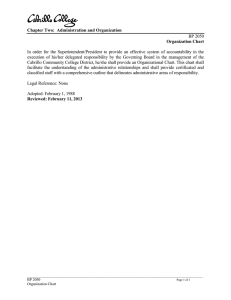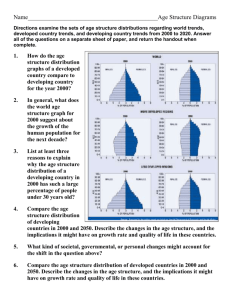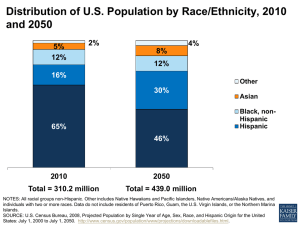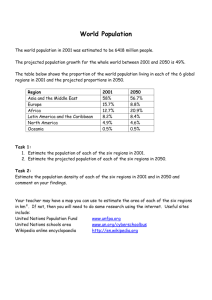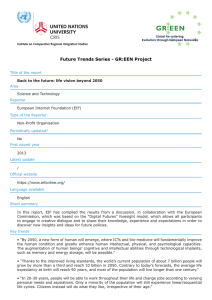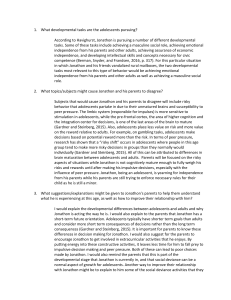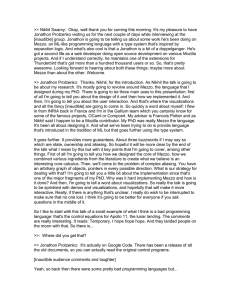THE WORLD WE MADE: ALEX McKAY’S STORY FROM 2050 BY... (PHAIDON - OCT 2013) really, really wish,
advertisement
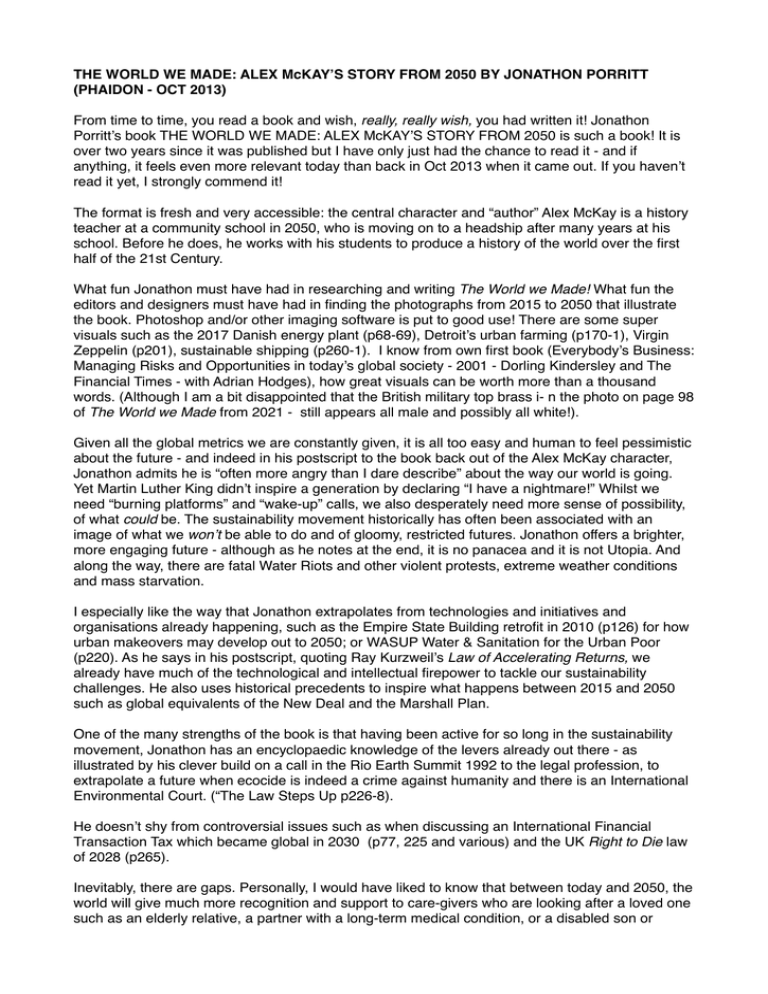
THE WORLD WE MADE: ALEX McKAY’S STORY FROM 2050 BY JONATHON PORRITT (PHAIDON - OCT 2013) From time to time, you read a book and wish, really, really wish, you had written it! Jonathon Porritt’s book THE WORLD WE MADE: ALEX McKAY’S STORY FROM 2050 is such a book! It is over two years since it was published but I have only just had the chance to read it - and if anything, it feels even more relevant today than back in Oct 2013 when it came out. If you haven’t read it yet, I strongly commend it! The format is fresh and very accessible: the central character and “author” Alex McKay is a history teacher at a community school in 2050, who is moving on to a headship after many years at his school. Before he does, he works with his students to produce a history of the world over the first half of the 21st Century. What fun Jonathon must have had in researching and writing The World we Made! What fun the editors and designers must have had in finding the photographs from 2015 to 2050 that illustrate the book. Photoshop and/or other imaging software is put to good use! There are some super visuals such as the 2017 Danish energy plant (p68-69), Detroit’s urban farming (p170-1), Virgin Zeppelin (p201), sustainable shipping (p260-1). I know from own first book (Everybody’s Business: Managing Risks and Opportunities in today’s global society - 2001 - Dorling Kindersley and The Financial Times - with Adrian Hodges), how great visuals can be worth more than a thousand words. (Although I am a bit disappointed that the British military top brass i- n the photo on page 98 of The World we Made from 2021 - still appears all male and possibly all white!). Given all the global metrics we are constantly given, it is all too easy and human to feel pessimistic about the future - and indeed in his postscript to the book back out of the Alex McKay character, Jonathon admits he is “often more angry than I dare describe” about the way our world is going. Yet Martin Luther King didn’t inspire a generation by declaring “I have a nightmare!” Whilst we need “burning platforms” and “wake-up” calls, we also desperately need more sense of possibility, of what could be. The sustainability movement historically has often been associated with an image of what we won’t be able to do and of gloomy, restricted futures. Jonathon offers a brighter, more engaging future - although as he notes at the end, it is no panacea and it is not Utopia. And along the way, there are fatal Water Riots and other violent protests, extreme weather conditions and mass starvation. I especially like the way that Jonathon extrapolates from technologies and initiatives and organisations already happening, such as the Empire State Building retrofit in 2010 (p126) for how urban makeovers may develop out to 2050; or WASUP Water & Sanitation for the Urban Poor (p220). As he says in his postscript, quoting Ray Kurzweil’s Law of Accelerating Returns, we already have much of the technological and intellectual firepower to tackle our sustainability challenges. He also uses historical precedents to inspire what happens between 2015 and 2050 such as global equivalents of the New Deal and the Marshall Plan. One of the many strengths of the book is that having been active for so long in the sustainability movement, Jonathon has an encyclopaedic knowledge of the levers already out there - as illustrated by his clever build on a call in the Rio Earth Summit 1992 to the legal profession, to extrapolate a future when ecocide is indeed a crime against humanity and there is an International Environmental Court. (“The Law Steps Up p226-8). He doesn’t shy from controversial issues such as when discussing an International Financial Transaction Tax which became global in 2030 (p77, 225 and various) and the UK Right to Die law of 2028 (p265). Inevitably, there are gaps. Personally, I would have liked to know that between today and 2050, the world will give much more recognition and support to care-givers who are looking after a loved one such as an elderly relative, a partner with a long-term medical condition, or a disabled son or daughter. Nor will every reader likely agree with the likelihood, or perhaps sometimes the desirability of, some of Alex McKay’s future world. Gaps and disagreements though should be a stimulus to more work and debate - and not a criticism of a super book! One of the books that really inspired me when I was starting out in the business and society field in the 1980s was The 2025 Report: A Concise History of the Future, 1975-2025 by Norman Macrae (1985). Macrae was a brilliant, original mind and a great writer. Jonathon is in the Macrae tradition but with the added dimension that he is also a doer - working with major companies and others to create the possibility that something overall positive akin to the world of 2050 described in The World we Made, becomes a reality. Thank you, Jonathon. David Grayson Feb 2016
